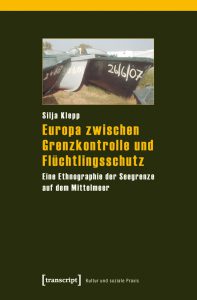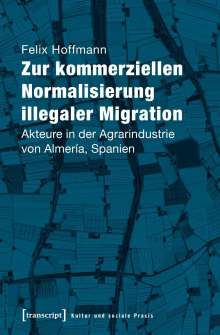The Independent | 15.06.2018
‚Children should never be kept in jail cells or subjected to cruel abuse‘, the charity said
Samuel Osborne
Child refugees are being abused, detained and illegally sent back to Italy by French border guards, according to a new report from Oxfam.
Some children as young as 12 were being held overnight in cells without food, water or blankets, or access to an official guardian, the report states.
These conditions are contrary to French and European Union (EU) law.
French police routinely stop unaccompanied children and put them on trains back to Italy after altering their paperwork, either to make them appear older or to make it look as though they want to be sent back, the report states.


